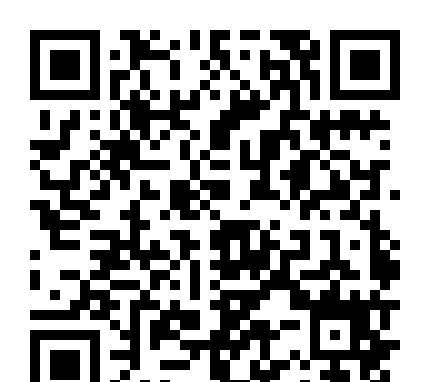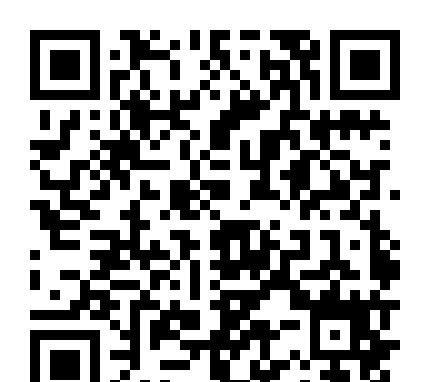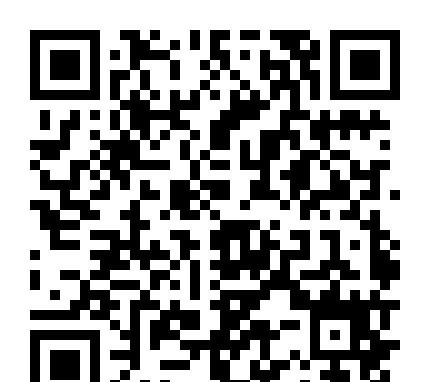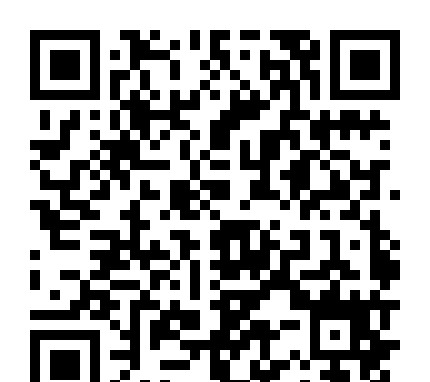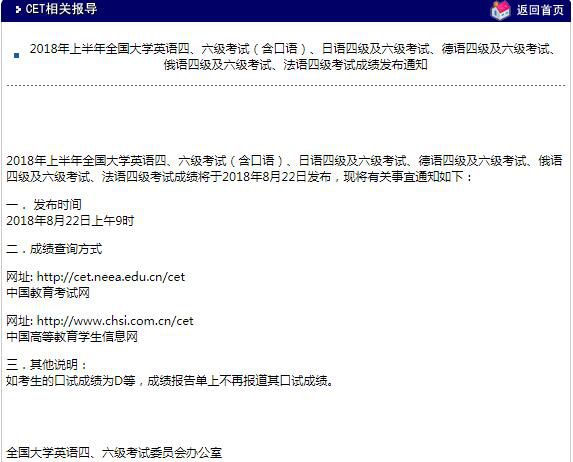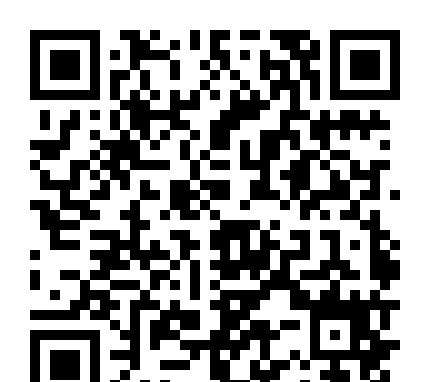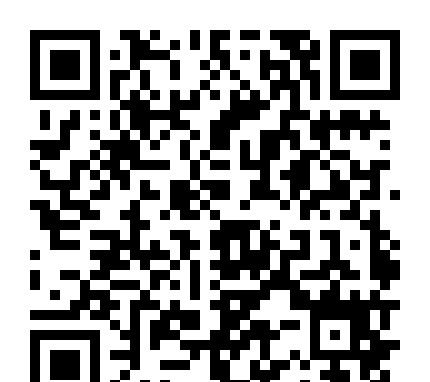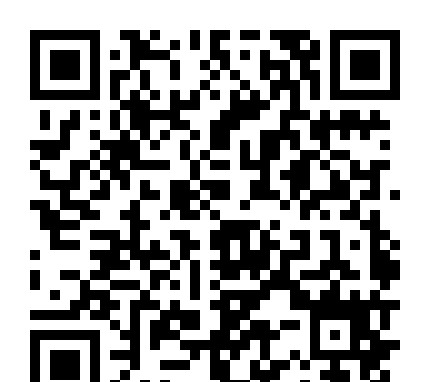金融法律辅导:法律英语导读(32)
|
5. If a Police Officer Finds Contraband(违禁品) or Evidence of Crime in the Course of a Search, Does That Make the Search Valid Even If It Was Initially Illegal? No. A well-established rule is that ''a search can't be justified by what it turns up." If a search is illegal to begin with, the products of that search, no matter how incriminating, are inadmissible in evidence. 6. Can Illegally Seized Evidence Be Used In Court For Any Purpose? Yes. Cases decided after Mapp have established that the Fourth Amendment is not a complete bar to the use of illegally seized evidence. For example, a judge may consider illegally seized evidence when deciding on an appropriate sentence following conviction, and illegally seized evidence is admissible in civil cases and deportation(驱逐出境) cases. Also, in some circumstances a prosecutor can use improperly seized evidence to impeach (attack the credibility of) a witness who testifies during a court proceeding. Case Example: Flo Kane is on trial for possessing illegal drugs. During a pretrial hearing, the trial judge had ruled that the police had illegally seized a gun from Flo's bedroom, and that the prosecutor could not admit the gun in evidence. While testifying, Flo states, "I've never owned a weapon of any kind." Question: Following this testimony, could the prosecutor show Flo the illegally seized gun and ask her to admit that she owned it? Answer: Yes. Once Flo denies ever owning a weapon, the prosecutor may use the illegally seized gun to attack the credibility of her testimony. 7. Do Fourth Amendment Protections Apply in Every State? Basically, yes. The Fourth Amendment provides rights for defendants that are binding on every state. For example, no state can decide that "we're not going to have the exclusionary rule." However, many state constitutions contain language similar to that in the Fourth Amendment, and a state can validly interpret its own constitution to provide defendants with greater protections than the Fourth Amendment requires. 8. If the Police Illegally Seize Evidence, Can They Use the Illegally Seized Information to Find Other Evidence to Use Against the Defendant? No, because of a legal rule colorfully known as the "fruit of the poisonous tree" doctrine. This doctrine makes inadmissible any evidence that police officers seize or any information that police officers obtain as a direct result of an improper search. The "tree" is the evidence that the police illegally seize in the first place; the "fruit" is the second-generation product of the illegally seized evidence. Both tree and fruit are inadmissible at trial. 翻译句子: |

